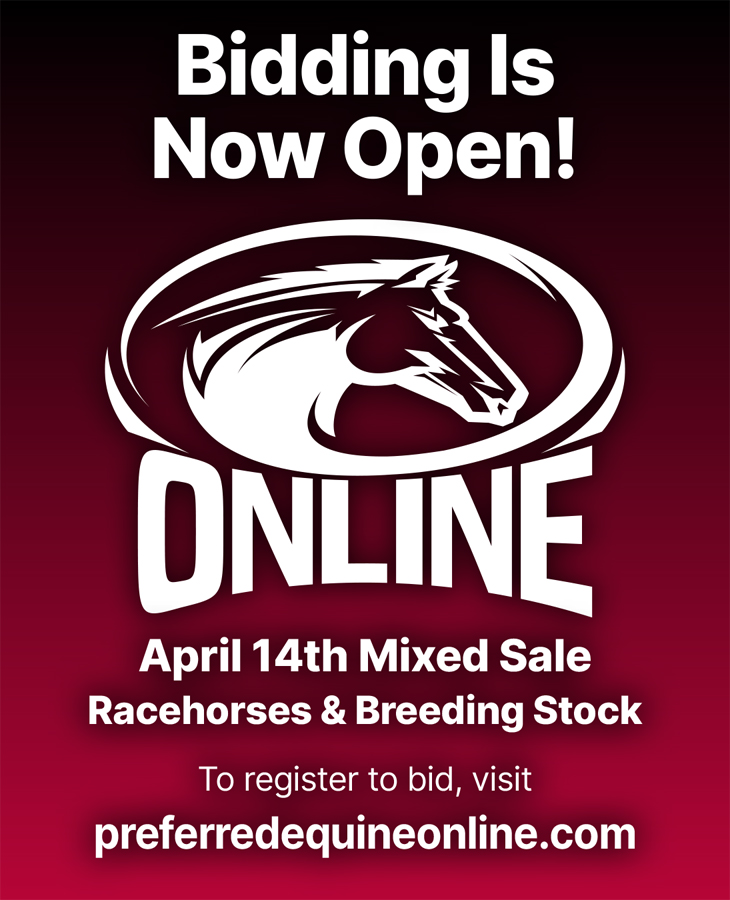For the good of the sport, judges need to do their jobs
Calling up drivers for questionable drives should not be considered adversarial; it’s simply common sense for a gambling game in the modern, connected world.
The HRU Twitter feed received a comment last week regarding the 2nd race at Cal Expo on Saturday. The tweet, in no uncertain terms, let loose, alluding that “the fix was in.”
The race, a low conditioned event, saw the favorite from the wood grab an early three hole, sitting behind a 16-1 and 25-1 shot. The driver of the horse then chose to follow the two longshots through even fractions, and at the head of the lane was hopelessly boxed, loaded with pace. After the driver bobbed, weaved, and probably yelled at everyone to get out of the way, the horse stormed home to a bang up third.
I could see that commenter (and others) being very upset at the drive. But I watched the race replay about a half dozen times, and although I don’t expect people who bet the horse to be happy, I sincerely doubt “the fix was in.” This horse was clearly struggling on the sloppy racetrack. He was not on the bit at the quarter (even announcer Gary Siebel noted the driver was using the whip to keep pace before the half) and looked very uncomfortable. It was only at the head of the lane that the horse’s class showed and he looked like a likely winner if he found room. The driver tried to find a clear path, pulling out every trick in the book to shake free. There is no doubt in my mind he wanted to win that race, and was doing everything possible to give his horse the best chance to win.
But we will never know, will we? And that’s a big problem.
Races like the above happen with some regularity in harness racing, and instead of educating customers about a trip, or giving them some peace of mind by having the driver explain his or her reasons for the effort, we leave the betting public with nothing. They walk away thinking no one is minding the store, no one is taking care of their money, and that harness racing judges are in cahoots with the people they are paid to judge.
I know what some are saying reading this, because I have heard it a hundred times before: “so what, why bother with these whiners.” Well, these ‘whiners’ bet $2 billion a year and generate hundreds of millions of dollars in revenue for harness racing. They put food on everyone’s table. I think we’d be wise to listen to Henry Ford, who once said about customer complaints, “don’t find fault, find a remedy.”
And in some parts of the harness racing world, a remedy is what’s found.
In Australia and New Zealand when these drives occur, drivers are called up by the stewards. They must explain why they employed the strategy they chose, and this discussion is released to the betting public. When they truly were at fault — i.e. they didn’t try the horse when they should’ve — sometimes they get days. No, I am not naïve, many customers will not accept an explanation, or two days off, but at the very least they’ll know someone was, i) watching the same race they were (customer empathy) and ii) actually cared enough to look into it (customer service).
On the very positive side, for customers with an open mind, this is a chance to win them over, maybe forever. Perhaps if this driver was called up at Cal Expo, explained the horse was not grabbing the track, was gapped in the three hole so he could not move at the quarter pole, and that he was as annoyed as bettors when he could not find room to win the race, people will watch the replay – and harness racing in general — in a new light.
This accomplishes much more than placation, in my view. It humanizes the sports’ participants, and being human is one of the strongest bonds the sport (or any business) can make with its customer base.
As for drivers who get upset when they are being questioned, well, I understand because it’s human nature. But, no one is calling them a crook, so there’s no need to get their backs up. The sport is simply asking participants to be a part of the customer service team; not unlike a football player giving an interview after a tough loss.
There is a real bias from the betting public towards the sport of harness racing. It’s a bias that drivers cheat and it’s been going on since Hoover was president. We know with high purses cheating happens with little regularity; so little it’s not even worth talking about. But for those out there betting $5 or $10, it’s a very real concern.
Judges in the sport of harness racing, in my view, need to change their tune. They need to start calling up drivers for questionable drives. It’s time they stop worrying about how the drivers feel, and focusing on what the customers have felt for decades. If this occurs, I believe – brick by brick – the relationship between the customer base and the sport can be rebuilt, and over time — on social media or grandstands — we’ll see fewer and fewer complaints, and happier customers.

















